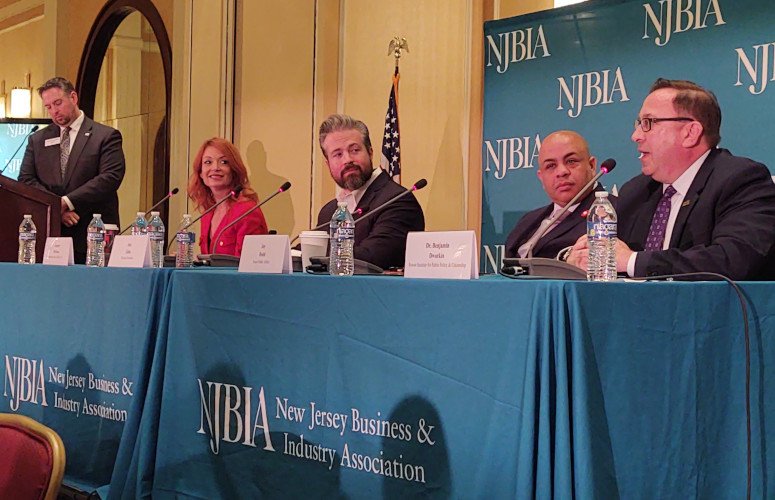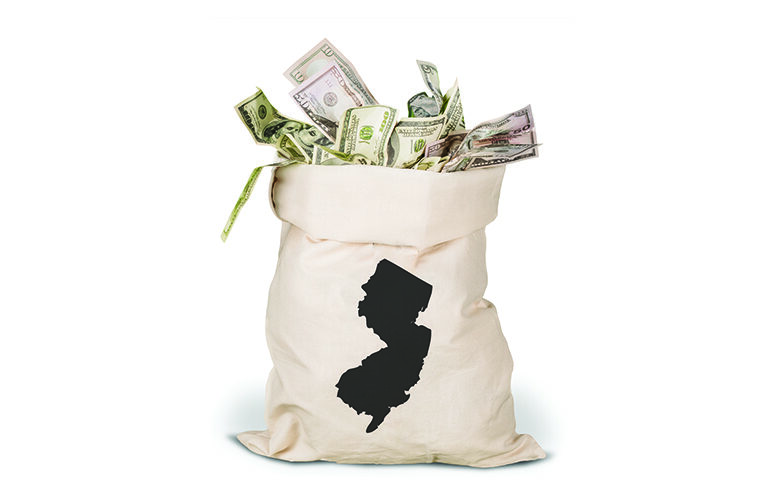
Giving Manufacturers an Edge
In Action on Manufacturing
By Frank Robinson, NJBIA Vice President of Government Affairs & Grassroots On Oct 2, 2017
Shortage of workers. Manufacturers cannot fill vacant positions because they cannot find workers with the appropriate skills. As the manufacturing workforce grows older, the problem will get worse unless more new workers come along to take their place.
To create a pipeline of young workers for manufacturers, New Jersey must get more high school and college students to consider careers in manufacturing, which NJBIA does through the national Dream It, Do It campaign. NJBIA works with the Manufacturing Institute to help change people’s perceptions from dirty smokestack workplaces of the past and to educate them about clean, high-tech manufacturing operations in place today.
More credentialed workers. NJBIA also coordinates efforts between high schools, colleges, vocational-technical schools and others to ensure what they are teaching in the classroom can be applied in the working world. One of the biggest efforts has been increasing the availability of industry credentials, such as Certified Automation Professional and Machining Level I.
Not all careers require a four-year college degree, and that is especially true in manufacturing. But to make credentials available, educators need to know which ones are most important to business. NJBIA recently helped the NJ Department of Labor and Workforce Development create a list of the most valued credentials so it could focus government resources on those that are most in demand. The list is extensive; the Advanced Manufacturing section alone has 33 highly valued credentials.
Manufacturing Caucus. This summer, legislators formed a bipartisan Manufacturing Caucus to shine a spotlight on the challenges facing manufacturers and explore solutions to grow this sector of the economy. The caucus will be a platform for issues like funding for career and technical high schools, reducing regulations and making New Jersey more competitive with other states.
Regulatory reform. One of the biggest competitive disadvantages New Jersey manufacturers face is the level of regulation. Other states generally adhere to federal environmental standards and other government mandates, but New Jersey pursues overly zealous measures that are outdated and exceed federal requirements.
New Jersey manufacturers today are smaller businesses using advanced high-tech manufacturing processes that require highly skilled workers capable of running complex software and modern cutting-edge equipment. NJBIA is pursuing an agenda that will ensure that these small businesses have the resources they need for years to come.
Related Articles:





